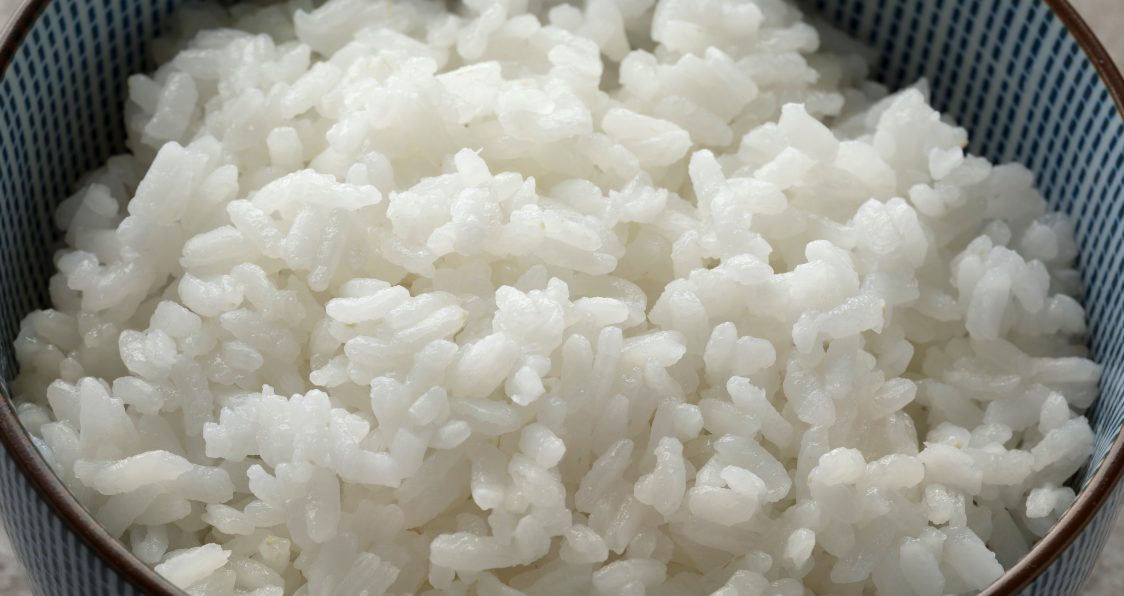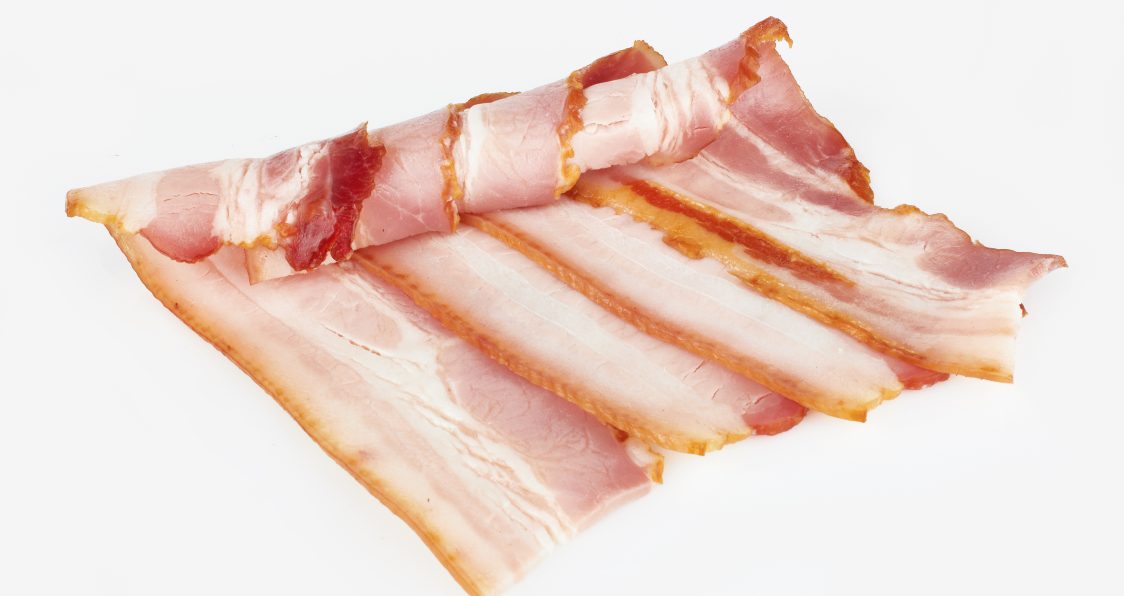Dietary Myths That Need Busted
When it comes to health, it often feels like nothing is simple. There seems to be a never-ending stream of conflicting recommendations from a number of health writers.
Far too often the advice they provide comes in the form of blanket recommendations based on science from years gone by which is often riddled with inconsistency.
The main demonstration of this is seen in the way that many foods are labeled “bad” or “unhealthy” when in actuality, a number of these unhealthy foods may be beneficial to our health.
This article will look beyond much of the 2-dimensional thinking of many of the writers and highlight 7 unhealthy foods that could actually be good for your overall health.
The 7 “Unhealthy” Foods
This section will provide details on the health qualities associated with the 7 unhealthy foods – a number of the foods on the list may surprise you!
1) Fried Food
The recommendation for years has been to avoid fried food as far as possible due to its perceived negative impact on health.
While cooking food in oil will certainly add calories, a number of fat-soluble vitamins (vitamin A, D, E & K) and substances such as beta-carotene, lutein, and lycopene require fat to be absorbed (1).
While consuming fat is important, it is crucial that a number of guidelines are followed when cooking with fats and oils.
Look to use oils that have a high smoke point; this is simply the temperature at which the oil will begin to smoke.
Allowing the oil to smoke will negatively alter the chemical make-up of the oil and the food that is then fried be detrimental on health (2).
Ideally use olive, avocado, peanut, walnut or sesame oil for frying as they all have a high smoke point.
Butter, coconut, and extra virgin olive oil are three examples of oils that have a lower smoke point and therefore are not a great option for cooking at high temperatures.
It must be stated that for low-temperature cooking, butter, coconut oil, and extra virgin olive oil are perfectly suitable options.
Some have suggested that cooking oil at high temperatures can change the chemical composition so much that oil becomes an unhealthy trans fat.
It is important not to reuse your oil time & time again as this is more likely to cause this change into trans fat.
2) Trans Fats
Trans fats, which are a type of unsaturated fat, are very uncommon in nature and are typically formed during the manufacturing process of specific foods.
Trans fats are commonly found in our favorite junk foods and many believe that they can clog the arteries and onset a host of medical problems.
In particular, there is an association between consuming trans fats and the lowering of good cholesterol (HDL) & the increase of bad cholesterol (LDL).
However, it is not commonly known that trans fats can have a positive impact on your heart health. Furthermore, it has even been suggested that trans fats may have fat-burning and cancer-fighting qualities!
There is a particular type of trans fat, known as conjugated linoleic acid or CLA which is believed to be responsible for these positive effects.
CLA is found in a number of food sources, such as meat and dairy, and our bodies produce a small amount of it too.
Studies looking at the impact of CLA have found the substance to be effective for reducing the risk of heart disease, type 2 diabetes and even reducing the growth of tumors (3).
3) White Rice
Over the years, brown rice has emerged as the ultimate food choice for the health-conscious individual, believing it to be a better option than white rice.
Brown rice is consumed by many as it contains more protein and fiber than white rice. Furthermore, white rice is associated with a large blood sugar spike whereas brown is not.
While it is true that brown rice contains more protein than white, it is an insignificant amount difference.
In terms of fiber, brown rice does contain more but you’d be better of getting your fiber through more nutrient-dense sources such as fruit and vegetables.
And while brown rice doesn’t raise blood sugar levels as much as white rice, once again this is not significant or detrimental to health in any way.
The final consideration that should be made with brown rice is phytic acid which is the acid which gives the rice its color.
The issue with phytic acid is that it can inhibit enzymes that are required for the breakdown of food and prevent the absorption of key minerals (4).
White rice meanwhile has an abundance of easily digestible vitamins and minerals which are essential for maintaining health.
4) Ketchup
There was once a day were ketchup was classed as a portion of veg however, nutritionists didn’t take this well.
Ketchup was quickly given “junk food” status and that is where it has remained since. Providing you use a brand of ketchup that is low in sugars (like fructose), ketchup has good properties for health.
Ketchup may be specifically healthy due to the high amounts of lycopene it contains which is an antioxidant found in tomatoes.
It is easily absorbed by the body when tomatoes have been cooked and therefore, products like ketchup are a great source of bioavailable lycopene.
Lycopene is associated with reducing the chances of developing a stroke, diabetes, heart disease, infertility, osteoporosis, and prostate cancer.
5) Bacon
There is no doubt that bacon is one of the most heavily demonized foods in existence as a result of the amount of saturated fat associated with it.
Considering that recent research has busted a number of myths surrounding saturated fat and quelled many fears about it, it’s time to revisit bacon.
The fat contained within bacon is mostly healthy saturated and mono-saturated fats, primarily in the form of oleic acid which is the same type of fat found in olive oil.
Furthermore, when you consider the nutrients that are most important in human health, many of them come from organ meats as well as fruits, vegetables, nuts, herbs, and seeds.
In addition, pork is also well known to contain a range of important nutrients for improving health and maintaining function.
6) Potatoes
A study by Harvard University first cast doubt on the consumption of potatoes. The research investigated a large population of individuals and their disease rates.
One of the many conclusions that the researchers came to was that eating potatoes regularly causes spikes in blood sugar levels and therefore contributes to being overweight.
The issue with this research is that the study included potato products such as french fries and potato chips which evidently skewed the results.
No other studies on this topic have found a link between potato consumption and being overweight.
Potatoes contain a large number of phytochemicals, carotenoids, flavonoids, vitamins, and minerals which all have an important role to play in promoting health (5).
7) Beer
When it comes to alcohol and health, many focus on the negative impact that overconsumption of alcohol can have on health rather than the positives.
Wine and beer both contain polyphenols which may have heart-protective qualities. Furthermore, both drinks contain an array of vitamins and minerals.
Beer has been found to have a higher amount of niacin, B5, B12, selenium, folate, silicon and selenium than wine does.
When selecting a beer, the darker, full-tasting beers tend to be greater in nutrients rather than light and watered-down beers.
Wine, on the other hand, has a greater amount of calcium, zinc, potassium, magnesium, iron, and manganese than beer does.
Beer is typically lower in calories than wine which is due to the fact that wine generally has greater alcohol content than beer – therefore, if weight loss is the goal, beer may be the better choice.
Key Points to Take Away
1) By using the right type of oil or fat, fried foods are not necessarily bad for your health
2) Although demonized, trans fats can actually promote cardiovascular health, leanness and fight cancer
3) White rice may make a better choice than brown rice as a number of nutrients found in brown rice are not bioavailable.
4) Providing that ketchup has not been sweetened with sugars (such as fructose), it is an excellent source of lycopene.
5) The majority of fat found in bacon is oleic acid which is a mono-saturated fat. This is the same kind of fat that is found in olive oil.
6) While wine and beers both contain a number of nutrients, beer may be a slightly more advantageous choice as it contains fewer calories than wine.
Final Word
While many will continue to label produce as either “good foods” or “bad foods”, hopefully, this article has highlighted that often foods that are considered unhealthy actually may have a positive impact on health.
References:
1-Albahrani, Ali A.; Greaves, Ronda F. (2016-2). “Fat-Soluble Vitamins: Clinical Indications and Current Challenges for Chromatographic Measurement”. The Clinical Biochemist Reviews. 37 (1): 27–47. ISSN 0159-8090. PMC 4810759. PMID 27057076.
2-Vieira, Samantha A; McClements, David Julian; Decker, Eric A (May 7, 2015). “Challenges of Utilizing Healthy Fats in Foods123”. Advances in Nutrition. 6 (3): 309S–317S. doi:10.3945/an.114.006965. ISSN 2161-8313. PMC 4424769. PMID 25979504.
3-Lehnen, Tatiana Ederich; da Silva, Marcondes Ramos; Camacho, Augusto; Marcadenti, Aline; Lehnen, Alexandre Machado (September 17, 2015). “A review on effects of conjugated linoleic fatty acid (CLA) upon body composition and energetic metabolism”. Journal of the International Society of Sports Nutrition. 12. doi:10.1186/s12970-015-0097-4. ISSN 1550-2783. PMC 4574006. PMID 26388708.
4-Gupta, Raj Kishor; Gangoliya, Shivraj Singh; Singh, Nand Kumar (2015-2). “Reduction of phytic acid and enhancement of bioavailable micronutrients in food grains”. Journal of Food Science and Technology. 52 (2): 676–684. doi:10.1007/s13197-013-0978-y. ISSN 0022-1155. PMC 4325021. PMID 25694676.
5-King, Janet C.; Slavin, Joanne L. (May 6, 2013). “White Potatoes, Human Health, and Dietary Guidance12”. Advances in Nutrition. 4 (3): 393S–401S. doi:10.3945/an.112.003525. ISSN 2161-8313. PMC 3650512. PMID 23674809.















